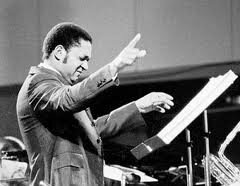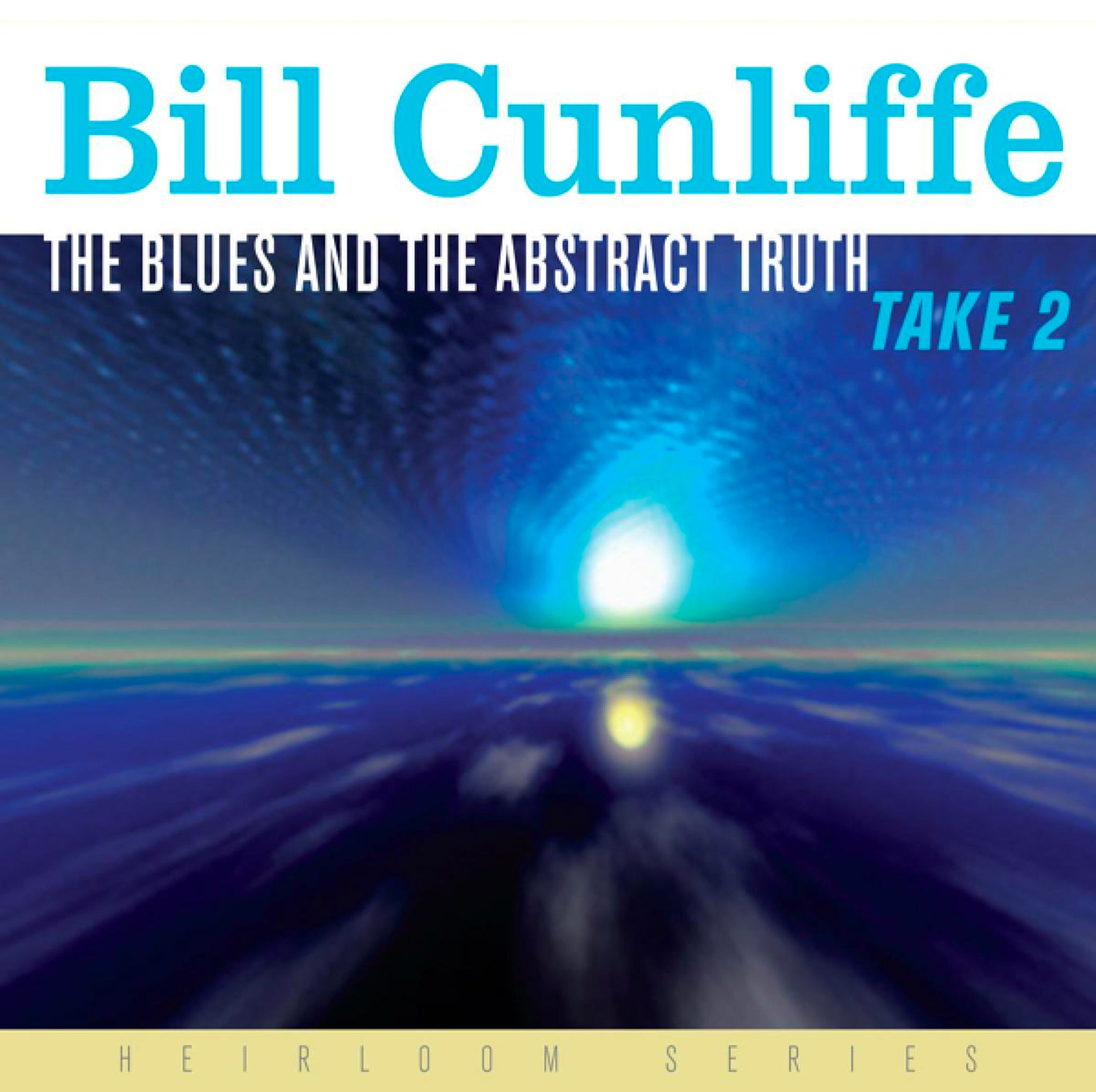A tribute to Oliver Nelson and “The Blues and the Abstract Truth"
For the last two years, I’ve been playing and enjoying the music of Oliver Nelson in support of my CD “Blues and the Abstract Truth, Take 2,” and as I’m getting ready to embark on some new projects, I’d like to give some closing thoughts.
Oliver Nelson is one of those big “what ifs” in jazz, along with people like Clifford Brown, Scott LaFaro, and Charlie Christian. This immensely talented man, who excelled at the alto sax, jazz composing and arranging, and film/TV composition, died at the age of 40 in 1975 from, apparently, overwork.
I first was introduced to his seminal work, “The Blues and the Abstract Truth,” at the age of 22 while in graduate school at Eastman School of Music, where we performed the entire recording in concert. For me, it was one of those brilliant blips on the jazz radar, an all star cast of greats playing simple, yet compelling compositions that hinted at genius by a young guy who, although very productive in his career, didn’t fulfill the promise of those early works.
What was so interesting about this record is that these musicians got together only for this date and never again, and the concept of the album, although revisited somewhat in his “More Blues and the Abstract Truth,” side, was never really taken farther. But what remains great about this record, besides the spectacular playing of Freddie Hubbard, Bill Evans, Roy Haynes, Eric Dolphy and Nelson himself, is the combination of incredibly compelling tunes with a very loose structure that allowed for jazz “blowing” of the highest order. Everyone seemed really “ on their game” on this unique session.
I later found other works of his, workman-like arrangements for big band, a saxophone sonata, and some extended works for jazz orchestra. All of these hint at a genius that was only partially realized; the spirit of a great jazz player combined with the inspiration and skill of a great composer and orchestrator. “Ollie, we hardly knew ye,” to paraphrase a John F. Kennedy admirer.
It was such a pleasure to take these six pieces that constitute “The Blues and the Abstract Truth,” and put them through my own grist mill of sounds and harmonies. I really didn’t want to change them, just to play them the way I heard them, and give the “cats” the same chance to blow that Oliver gave his men.
As time goes on, I throw these at other guys on the road, and it still gives me the same pleasure it did when I wrote them for the first time. George Klabin heard one of these gigs, and insisted that we record it. I’m eternally grateful to him for this opportunity.

